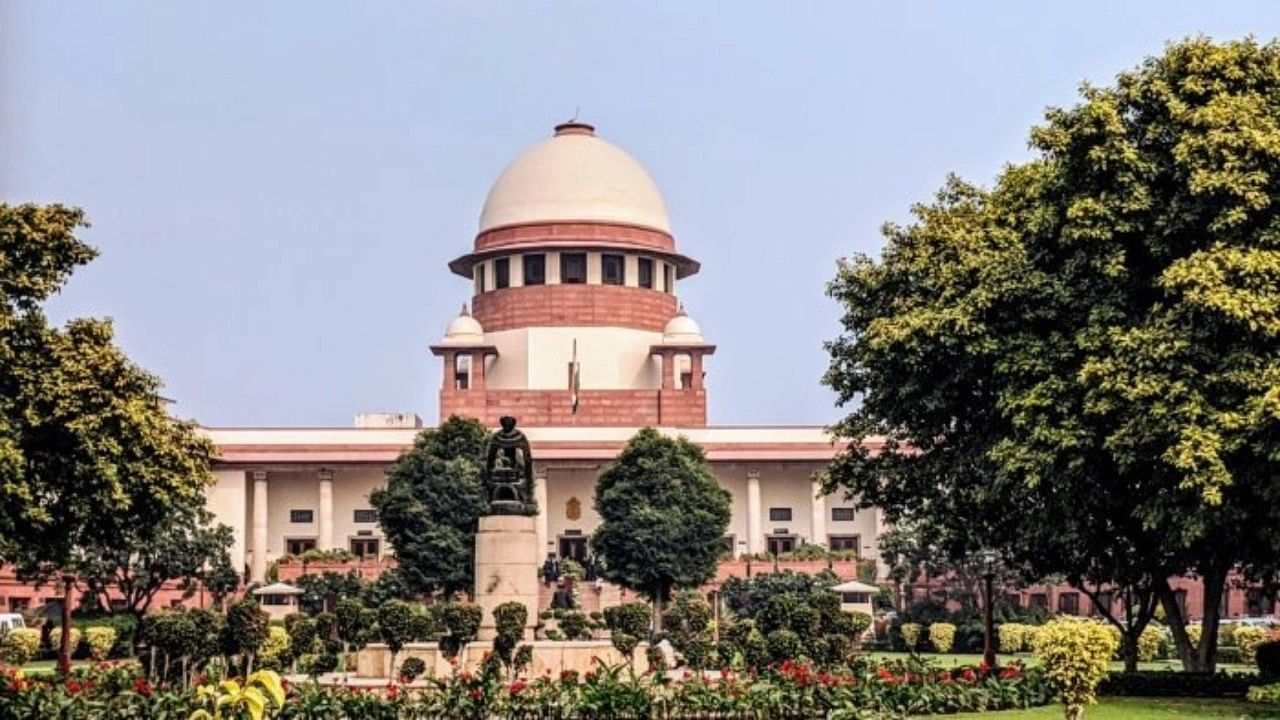
The Supreme Court of India.
Credit: iStock Photo
NEW DELHI: The Supreme Court has said it can interfere with disciplinary proceedings after fully examining the judgment of acquittal on some charges and not go by the mere use of terminology like “benefit of doubt” and “honorably acquitted”.
A bench of Justices J K Maheshwari and K V Vishwanathan said that the court, in judicial review, is obliged to examine the substance of the judgment and not go by the form of expression used in judgments as those are not to be understood as "magic incantations".
"If the charges in the departmental enquiry and the criminal court are identical or similar, and if the evidence, witnesses and circumstances are one and the same, then the matter acquires a different dimension. If the court in judicial review concludes that the acquittal in the criminal proceeding was after full consideration of the prosecution evidence and that the prosecution miserably failed to prove the charge, the court in judicial review can grant redress in certain circumstances," the bench added.
In its judgement on Monday, the bench said the court will be entitled to exercise its discretion and grant relief if it concludes that allowing findings in the disciplinary proceedings to stand will be unjust, unfair and oppressive.
However, the bench said, "Each case will turn on its own facts."
The court allowed an appeal filed by Ram Lal who was dismissed from the post of constable for allegedly altering his date of birth from April 21, 1974 to April 21, 1972 to project himself as having attained the age to apply for recruitment. It found the termination of the appellant in 2004 as "illegal and untenable".
The court noted that the reading of the entire judgment clearly indicated that the appellant was acquitted after full consideration of the prosecution evidence and after noticing that the prosecution has miserably failed to prove the charge.
The court pointed out the original 8th standard marksheet reflected the appellant's date of birth as April 21, 1972 and there is no correction or manipulation in that document, so the appellant cannot be penalised.
It said the orders passed in the disciplinary proceedings cannot be allowed to stand as the charges were not just similar but identical and the evidence, witnesses and circumstances were all the same.
The bench, therefore, ordered reinstatement of the appellant with all consequential benefits including seniority, notional promotions, fitment of salary and all other benefits, along with 50 per cent of the back wages.
